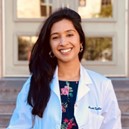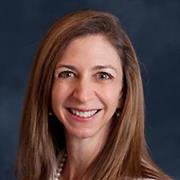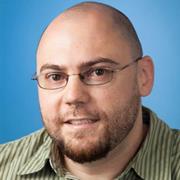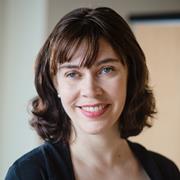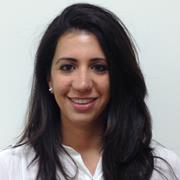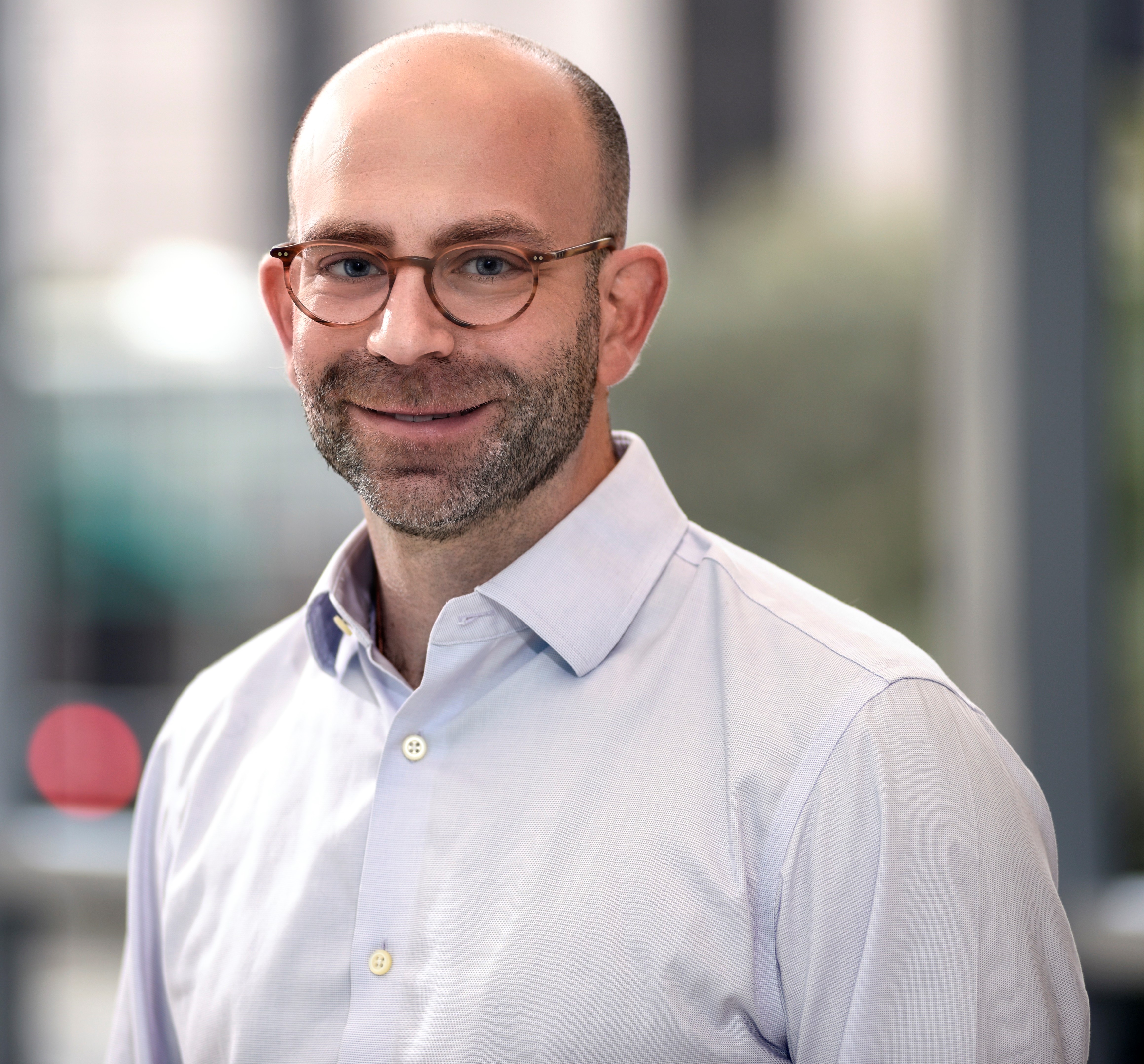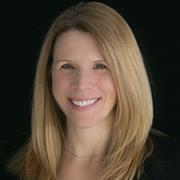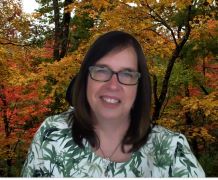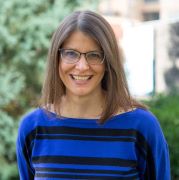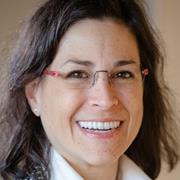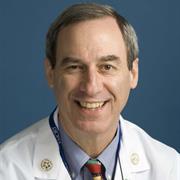GHOPE Leadership
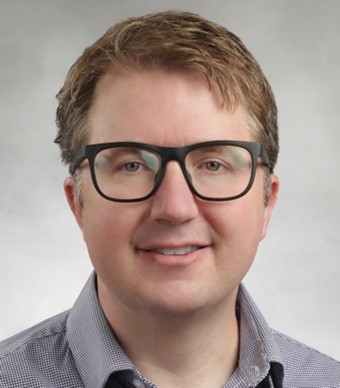
Chris A. Rees MD, MPH
Director of GHOPE
Chris A. Rees, MD, MPH is the Director of the Global Health Office of Pediatrics at Emory (GHOPE). As the Director of GHOPE, he aims to continue to support students, residents, fellows, and faculty at Emory who engage in global child health as well as abroad in furthering strong, sustainable, and meaningful pediatric global health research, education, and operations.
Chris is an Assistant Professor of Pediatrics and Emergency Medicine at Emory University School of Medicine, an attending physician in the pediatric emergency department at Children’s Healthcare of Atlanta, and a research scientist in the Child Health and Mortality Prevention Surveillance (CHAMPS) network. He joined Emory in 2021 after completing a fellowship in pediatric emergency medicine and global health at Boston Children’s Hospital and Harvard Medical School, where he served as chief fellow. Prior to his time in Boston, he was a resident and chief resident in the pediatrics and global child health residency program at Texas Children’s Hospital and Baylor College of Medicine. His research interests include developing novel approaches to prevent childhood mortality in low- and middle-income countries and reducing inequities in research collaboration in global health. He has led, and collaborated on, several multi-country studies in low- and middle-income countries. Chris is also a research consultant to the World Health Organization and UNICEF.
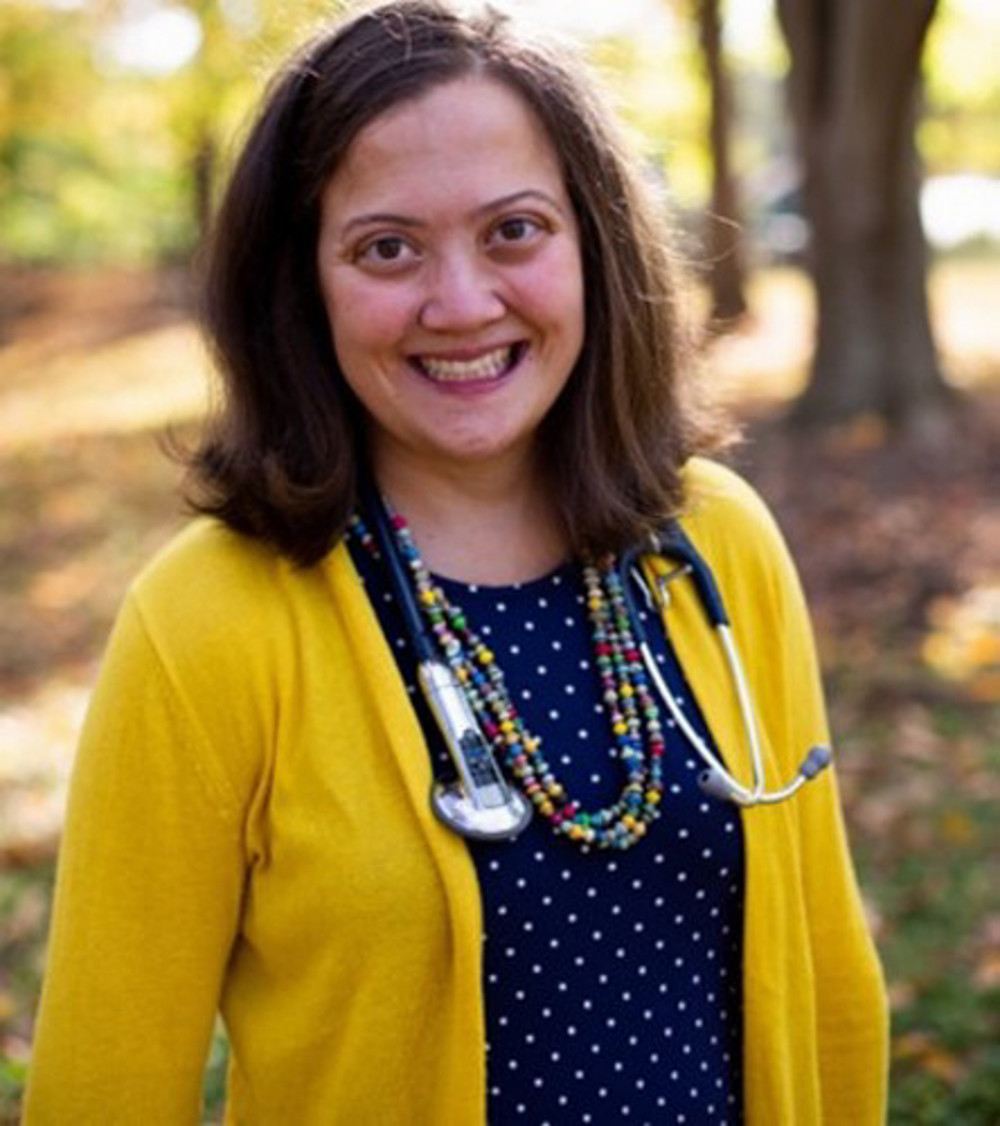
Amy RL Rule MD, MPH
Pediatric Global Health Track Director
Amy RL Rule MD, MPH is the Director of the Pediatric Global Health Track which is the education arm of the Global Health Office of Pediatrics at Emory (GHOPE). As the track director, she aims to curate and implement global child health education for primarily for residents in the track and all pediatric residents. As well as mentor and cultivate scholarly activities for Emory pediatric trainees developing careers in global child health through sustainable bidirectional partnerships. While also contributing to global health education for fellows, and students interested in global child health.
Dr. Amy Rule is a pediatric and neonatal hospitalist and Assistant Professor of Pediatrics at Emory/CHOA. She is the co-director of Emory’s Collaborating Center for Perinatal Equity. She completed her pediatric residency and combined hospital medicine and global health fellowship at Cincinnati Children’s. She joined Emory in 2022. Her research centers on the intersection of health education and health equity. Her work includes maternal-newborn outcomes research in East Africa, partnering with immigrant and refugee families in Georgia and cultural humility and global health education for healthcare trainees. Dr. Rule is the co-lead author for the AAP GHEARD (Global Health Education for Equity, Anti-Racism and Decolonization). She has been an author on multiple global health education curricula from the SUGAR team and helped develop the AAP Global Health Education Course. Dr. Rule is also the chair of the APPD Global Health Learning Community.
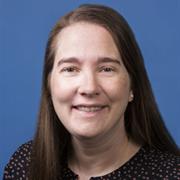
Emilee Flynn, MD, MPH
Associate Director, Pediatric Global Health Track
Emilee Flynn, MD, MPH is the Associate Director of the Global Health Track in Pediatrics. In this role she works closely with the Pediatric Residents in the Global Health Track to provide additional mentorship and guidance as they complete their scholarly projects and engage in dedicated Global Health educational experiences.
Emilee is an Assistant Professor in the Department of Pediatrics at Emory School of Medicine. She obtained her medical degree from Johns Hopkins University School of Medicine in Baltimore, Maryland. She completed her Pediatric Residency at St. Christopher’s Hospital for Children in Philadelphia, Pennsylvania. She then went onto complete a fellowship in Pediatric Global Health and obtain a master’s in public health through the University of Massachusetts in Worcester, Massachusetts. Through this fellowship she had the opportunity to work in collaboration with Partners In Health in rural Liberia as well as with the Umodzi Pediatric Palliative Care Program in Blantyre, Malawi. She has also taught and lectured on a variety of topics in Guyana. She completed a fellowship in Pediatric Hospice and Palliative Medicine Children’s Healthcare of Atlanta and Emory University School of Medicine in Atlanta, Georgia. She joined the faculty at Children’s Healthcare of Atlanta in 2019 and is currently an Attending Physician with the Pediatric Hospice and Palliative Medicine Team at Children’s Healthcare of Atlanta and serves as an Assistant Program Director for the Hospice and Palliative Medicine Fellowship Program. Her scholarly work focuses on designing and evaluating sustainable curriculum in Hospice and Palliative Medicine for a variety of educational settings and creating bidirectional learning opportunities.
Our Residents
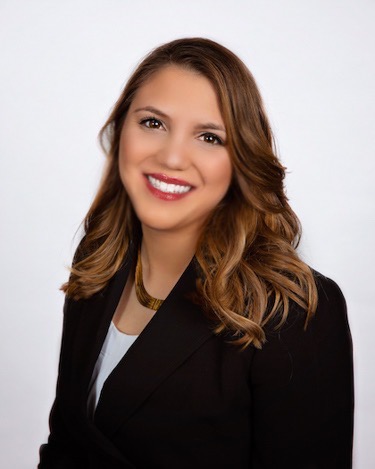
Kaitlin Weisshappel (PGY 5)
Kaitlin Weisshappel grew up in the small town of Shawano, just north of Green Bay, Wisconsin. Typical to many children in the region, she grew up farming, playing in the woods, and spending time with family. She comes from a very large family, with her mom having greater than 60 first cousins!
Katie’s interest and approach to medicine stems from her Oneida identity. Many Native Americans suffer from diseases like diabetes, and the Oneida are no exception. Doctors practicing medicine within the Oneida understand how Natives use traditional medicines, and seek to balance that with the science behind genetic predispositions. Katie knows this from personal experience. Having her blood glucose levels checked since childhood has impressed on her the reality of genetic predispositions at a personal level. Her nephew’s diagnosis with Trisomy 21 spurred her to earn her medical degree and become a Pediatric Geneticist. Katie sees medicine as a calling tied to her heritage and her family’s collective struggle.
Dr. Weisshappel would like to strike a balance between a patient’s traditional approach to medicine and Western Medicine. She wishes to create an environment where doctors can comfortably ask about a person’s family medicine as easily as they ask of family history. She would like to find a way to heal people with a combination of our gold standards of care, while not neglecting each person’s history and culture.
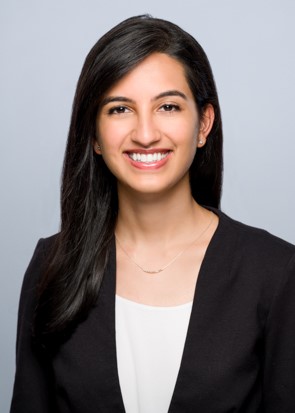
Sonal Dugar (PGY 3)
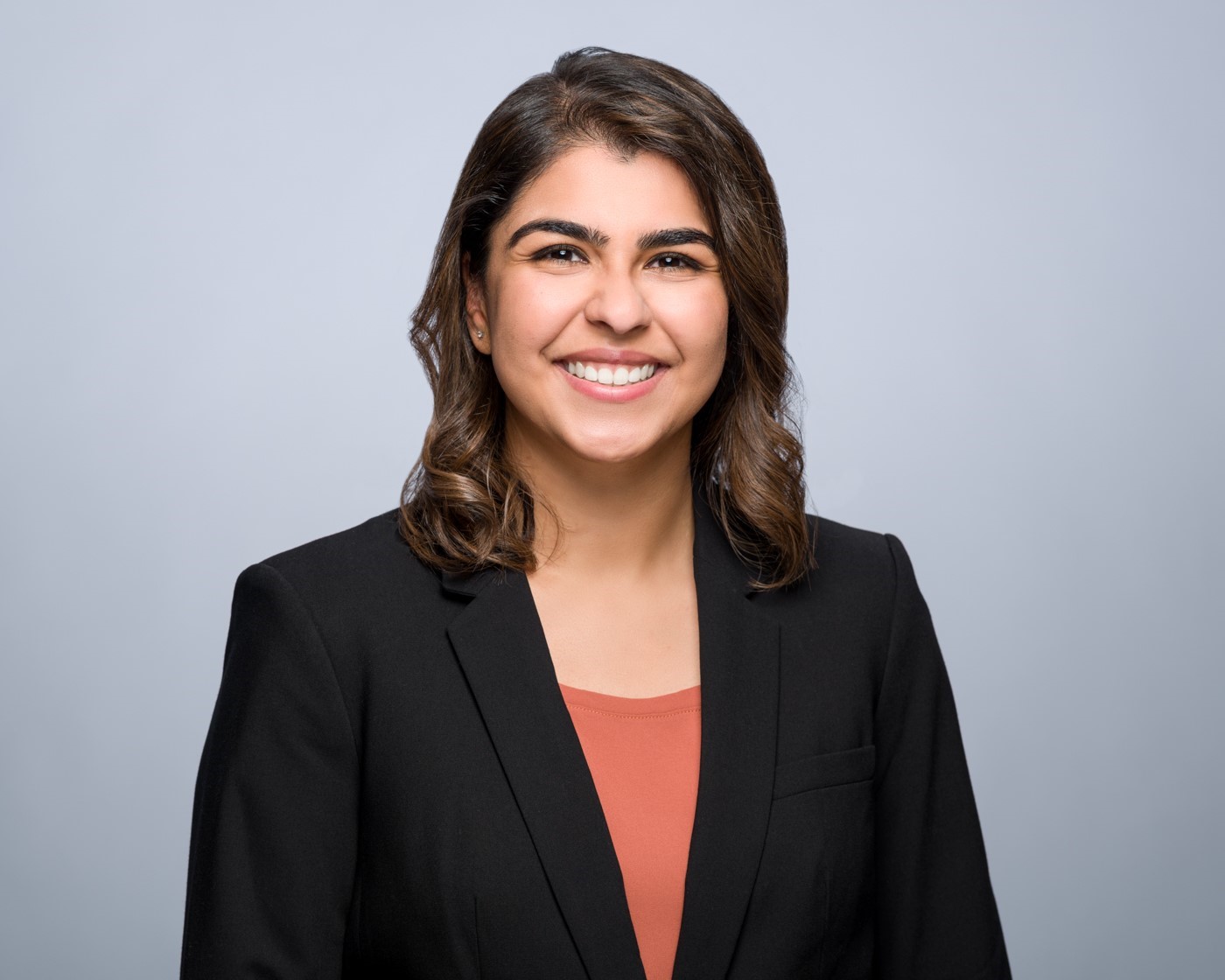
Megha Kalia (PGY 3)
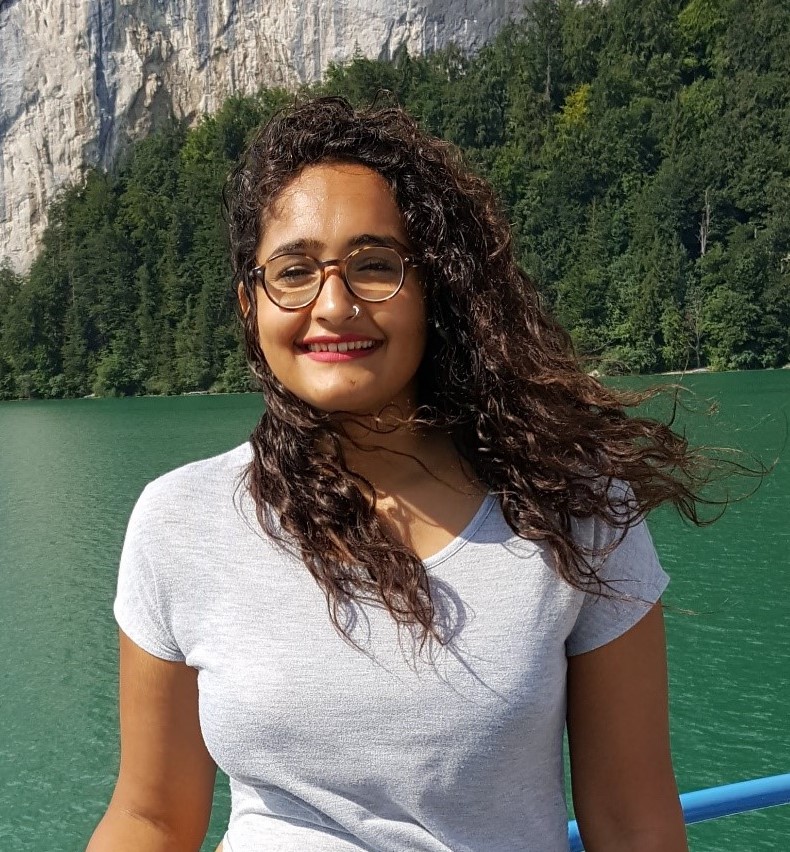
Maansi Malhotra (PGY 3)
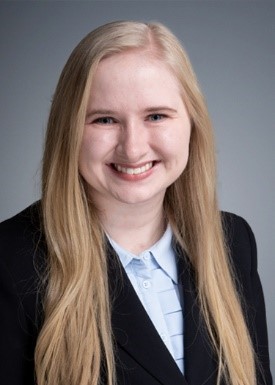
Tory Prynn (PGY 3)
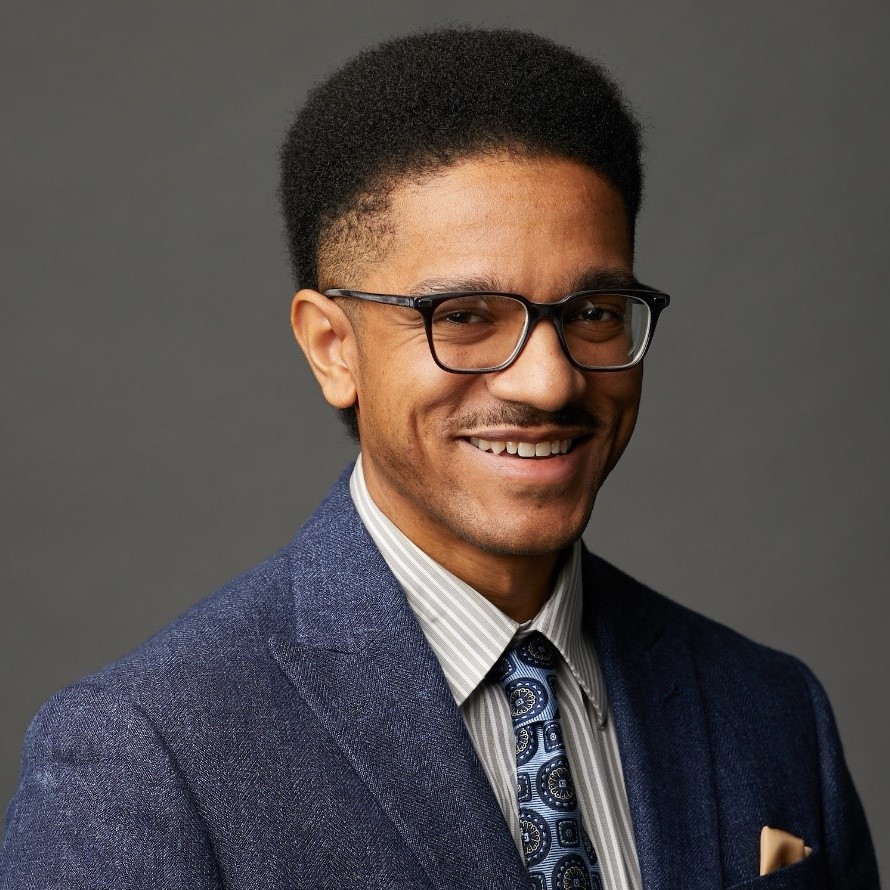
Douglas Saforo (PGY 3)
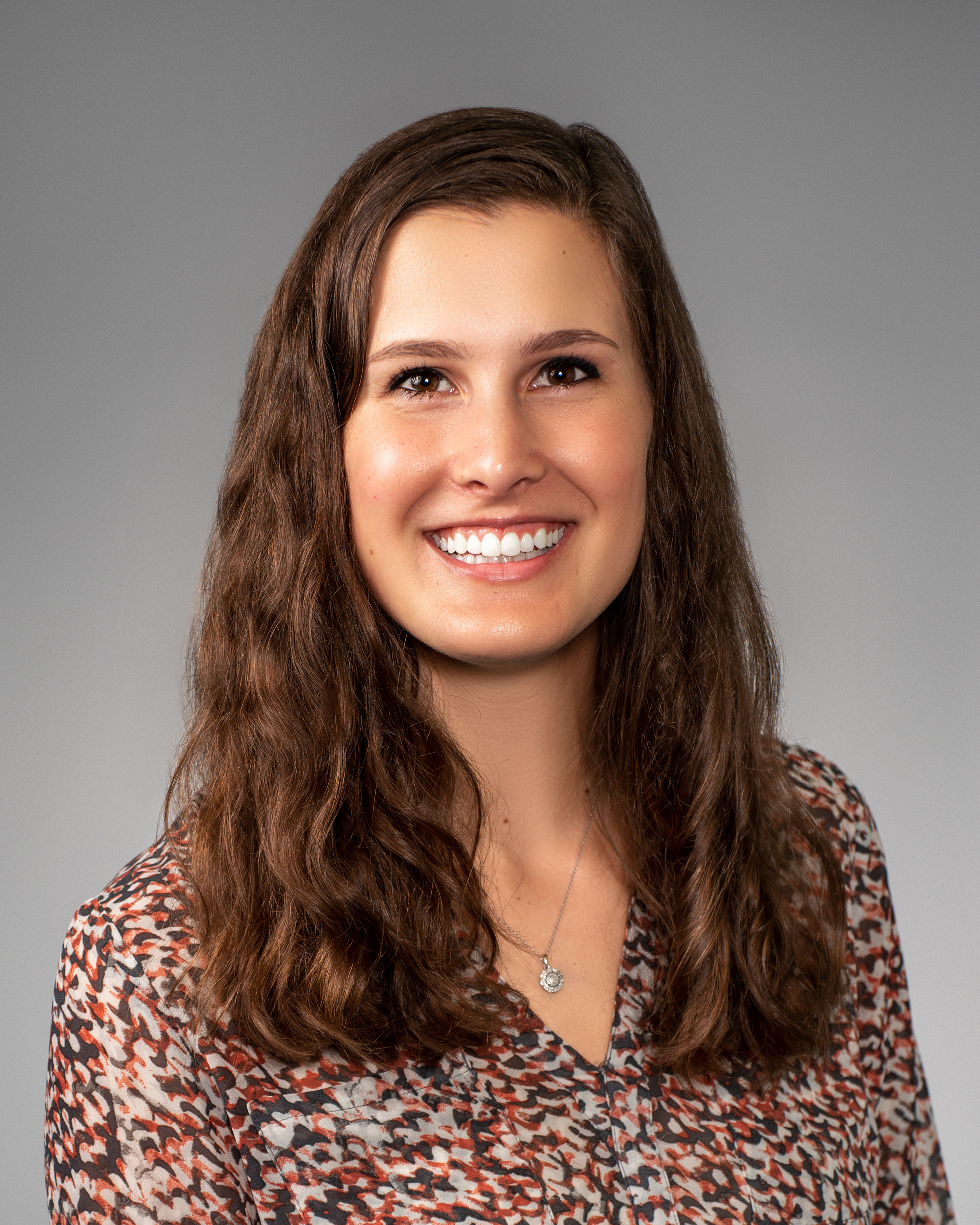
Amanda Kuhn (PGY 2)
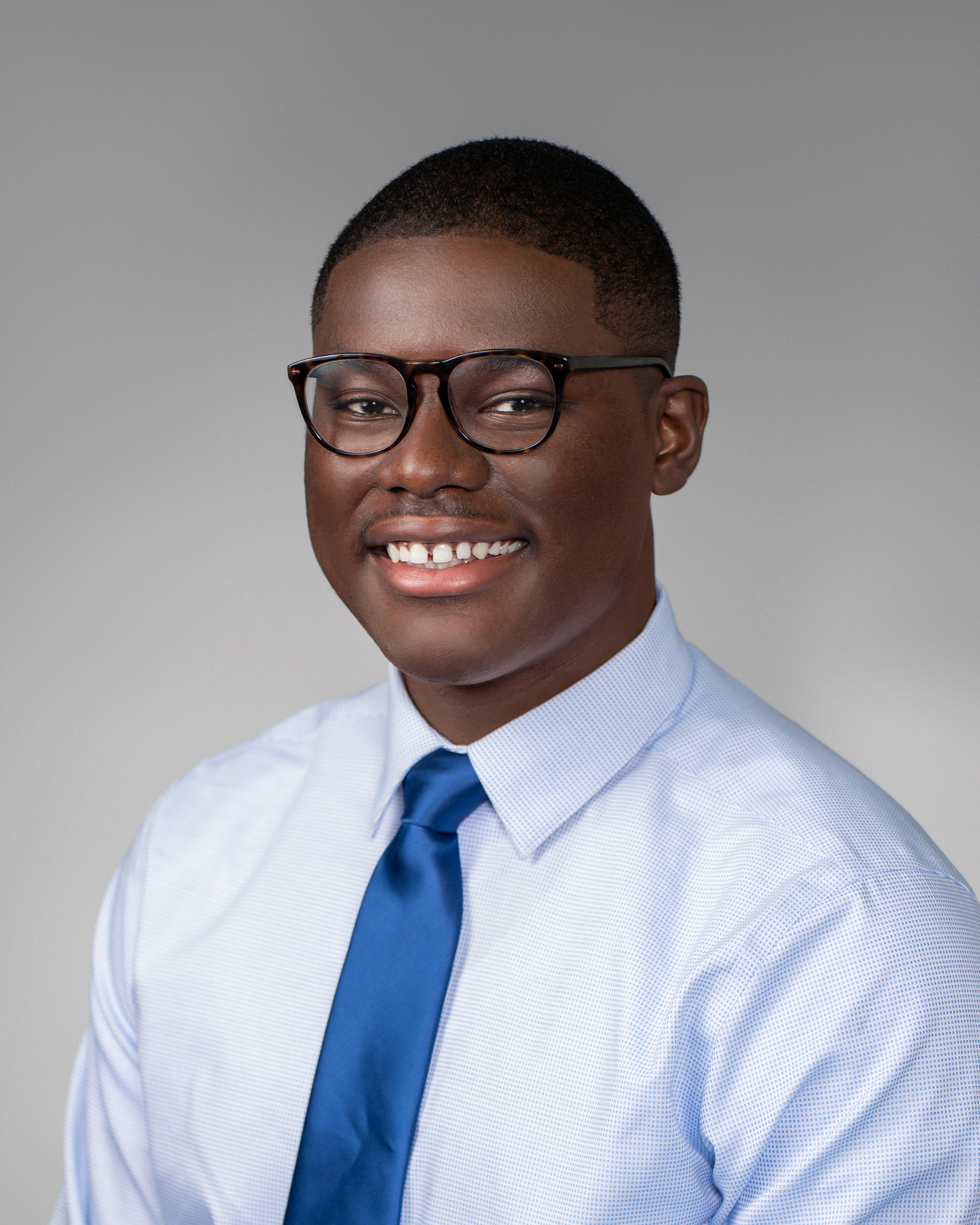
Joel Ofori (PGY 2)
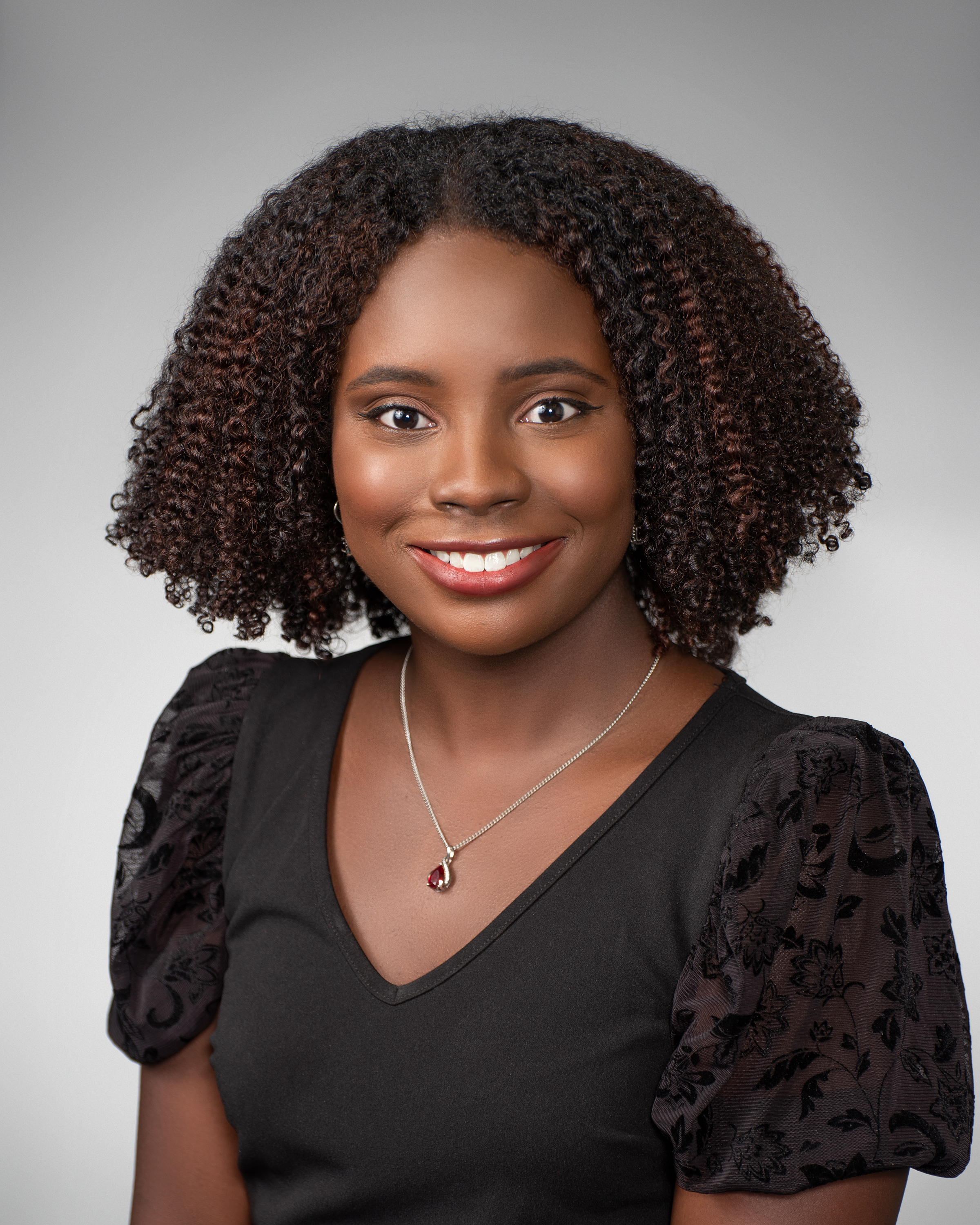
Lindsey Theodore (PGY 2)
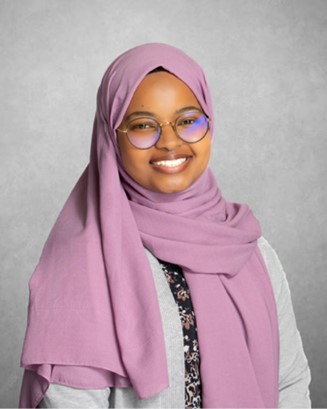
Yursa Ahmedin (PGY 1)
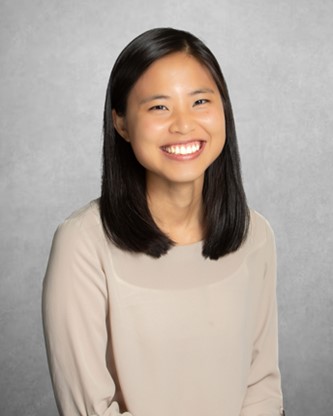
Lucie Fan (PGY 1)

Dana Kapeller-Libermann (PGY 1 - Child Neurology)
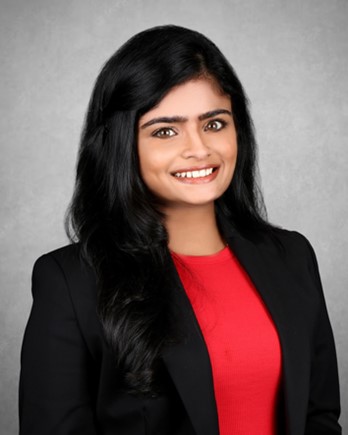
Indu Matthew (PGY 1)



